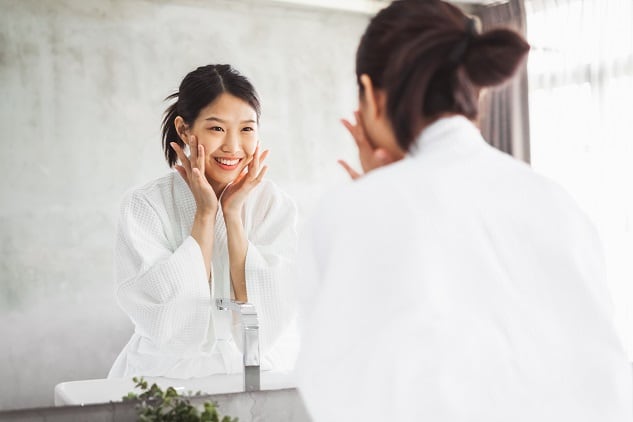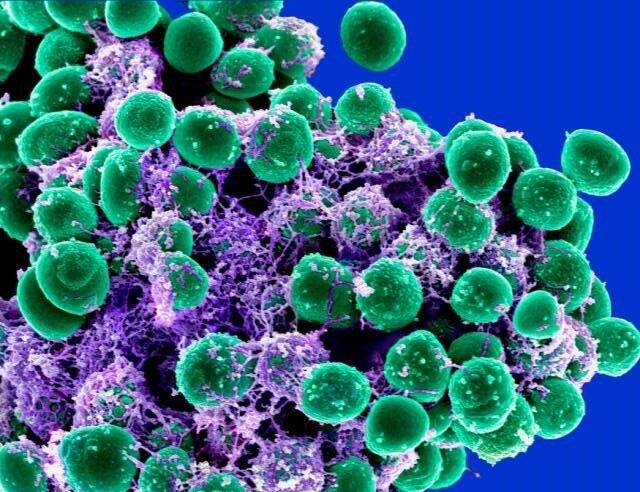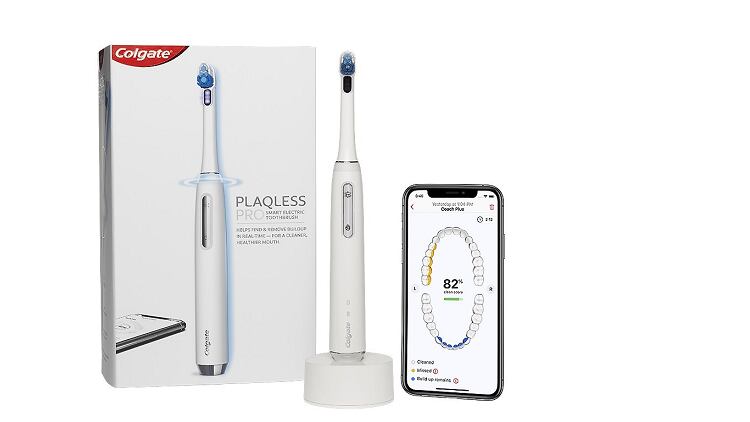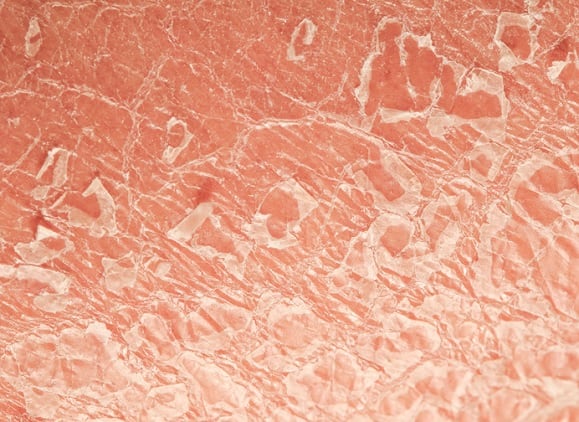Even as microbiome skin care science advances, the general tactic is to either create products that are simply microbiome friendly and don’t overly sanitize the skin or to create products that in some way help balance the microbiome. But there are several more nuanced approached to microbiome skincare.
Just add Lactobacillus
Lactobacillus is one of the first microorganisms to populate the human body and is thought to be a key formative bacterium in that regard. However, adults rarely have lactobacillus strains among their microbiota.
So brands like esse Probiotic Skincare, Dr. Lili Fan Probiotic Skincare, and The Spoiled Bee are including lactobacillus in skin care product formulations to help refresh (as it were) the skin microbiome. Read more about the lactobacillus in Dr. Lili Fan Probiotic Skincare here on Cosmetics Design.
Quorum quenching
At the 2019 SCC Annual Scientific Meeting and Technology Showcase in New York City (this past December), Philip Ludwig of BASF presented on quorum-quenching research, showing how that company is working to develop ingredient and technologies that “limit the virulence [of microorganisms] without inhibiting growth” as well as “different ways to quench…and at different stages of bacteria’s virility cycle.”
And quorum-quenching has been a key piece of the product formulation and benefits strategy for the Spain-based skin care brand ayuna less is beauty for years. Cosmetics Design spoke with that brand’s Chief Scientific Officer Isabel Ramos at the 2019 AIRS International Conference on Genomics and Microbiomics. Watch that interview here.
Microbiome care
Italy-based ingredient maker ROELMI HPC is researching and developing inputs that care for the microbiome itself rather than the skin, as Andrea Maltagliati explained in his presentation at the 2019 SCC meeting.
For now, the team at ROELMI HPC are looking for novel ways to use postbiotics to act on microbiota’s environment. “If you take care of the microbiota,” says Maltagliati, “you have some benefits in the skin care too.”
The company is also working with patented bacteria, a strategy that led to ROELMI HPC’s launch of a pre-sport probiotic ingredient called Anzalone at the 2018 SCC Annual Meeting.
Proprietary bacteria
In fact, numerous ingredient makers and brands looking to secure intellectual property and gain market share in this new skin care movement are developing and testing designer bacteria and looking for ways to use bacteria not only as a sort of ingredient but also as ingredient delivery mechanisms.
Recently in the medical skin care space, news of Bayer developing new products with strains of staphylococcus epiermidis made headlines here on CosmeticsDesign.com. The project comes out of a partnership with Azitra, a medical dermatology company with a full library of proprietary bacteria strains.
And Johnson & Johnson has, since at least 2016, been working with re-engineered bacteria to develop skin treatment products that can address acne, psoriasis, dermatitis, and eczema, as Cosmetics Design reports.
Indie innovation
While it’s hard to find a skin care brand, beauty manufacturer, or ingredient maker that isn’t researching and developing product for the microbiome beauty category. Several startup brands are busy educating consumers with products that include prebiotics, probiotics, and / or postbiotics.
Tula was an early leader in the microbiome skin care space. And now, the brand founded by gastroenterologist Dr. Roshini Raj in 2014 and funded by L Catterton in 2017 is a mainstay of the microbiome beauty category, with both topical and ingestible products.
The London-based skin care brand Gallinée was also fairly early in the microbiome beauty space. Founded by Mari Drago in 2016, Gallinée now has 10 individual product SKUs and several bundles in its portfolio. Among the brand’s more distinctive and popular products are the Gallinée Cleansing Bar and a Face Vinegar toner.
Other indie beauty brands like ayuna less is beauty (2017), Dr. Lili Fan Probiotic Skincare (2016), AveSeena (2017) all launched around that same time and all approach microbiome skin care in interesting ways. And the brand Mother Dirt, which seemed like a real outlier in the beauty space initially, has been steadily growing and has in fact just launched a new line of microbiome skin care in Hong Kong and China called AO+.
---
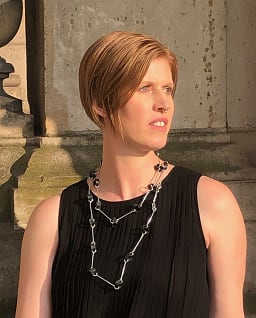
Deanna Utroske is a leading voice in the cosmetics and personal care industry as well as in the indie beauty movement. As Editor of CosmeticsDesign.com, she writes daily news about the business of beauty in the Americas region and regularly produces video interviews with cosmetics, fragrance, personal care, and packaging experts as well as with indie brand founders.
Deanna will be speaking next at the Uplink Live event in LA this month (save 10% on tickets with code: CD10) and at Green Beauty Night in February.

